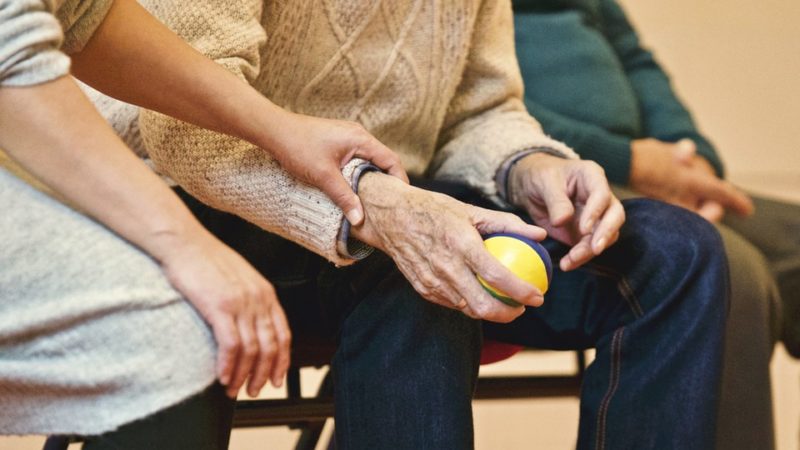Five months on from the first UK coronavirus case - and still many carers don't have tests.

Workers who provide care in their clients’ own homes still do not have access to testing, according to the head of the UK Homecare Association.
Dr Jane Towson told parliament’s health and social care committee that 685,000 domicillary carers were “at the bottom of the pile” after the NHS and care homes.
“Testing has never been seen as a priority for home care right from the beginning,” she said. “Although it hasn’t been reported, we also had people discharged from hospital to home care without testing.”
“Because testing capacity has been limited, home care has been at the bottom of the priority list. People receiving home care were never even on the list. At one stage, care workers were told they could all have tests but the practicalities of accessing them meant that it was very low levels.
“Antibody testing – none of that has been available for home care. The pilots were all directed at care homes.”
Towson also said that, at a local level, there had been no planning for a pandemic and that, in particular, there was not enough personal protective equipment (PPE).
She repeated a claim made by care home bosses that PPE had been diverted from care to hospitals.
“Normally, independent providers have their own suppliers but the suppliers were telling providers that the supplies were being diverted to the NHS Supply Chain – which is vehemently denied by the government – but that was the experience on the ground.”
She added that the home care industry has had to fight hard to get the recognition it deserves from local and national government.
Home care is provided to elderly or disabled people in their own homes, as opposed to care homes.
The providers are usually agencies who send staff anywhere between once a day to seven or eight times a day.
The staff help their clients with things like washing, getting out of bed, eating and drinking and using the toilet.
Most care is paid for by councils but provided by independent organisations. A minority is paid for privately, usually by the people being cared for or their families.
Polling has shown that, at the height of the pandemic, three-quarters of care workers thought colleagues would die because of the virus.
According to Age UK, home care is “in crisis” because it is funded by local authorities. Since 2010, these local authorities have had their budgets cut by national governments as part of the “austerity” agenda.
Joe Lo is a co-editor of Left Foot Forward
Left Foot Forward doesn't have the backing of big business or billionaires. We rely on the kind and generous support of ordinary people like you.
You can support hard-hitting journalism that holds the right to account, provides a forum for debate among progressives, and covers the stories the rest of the media ignore. Donate today.



